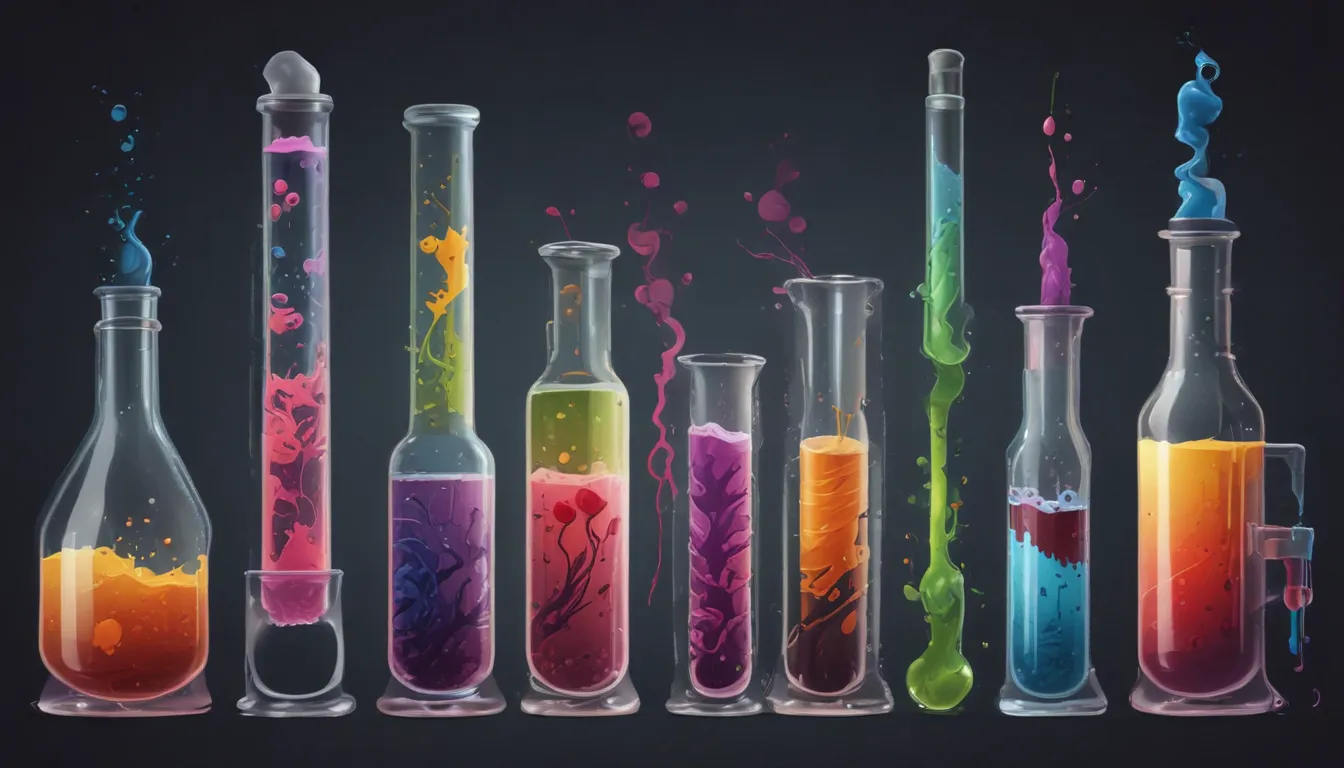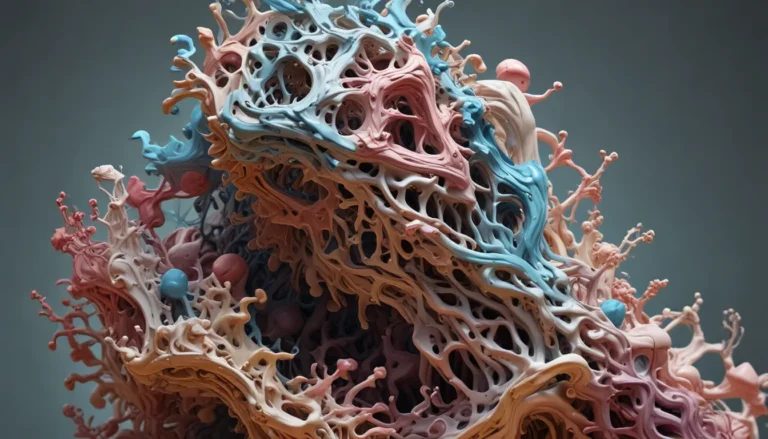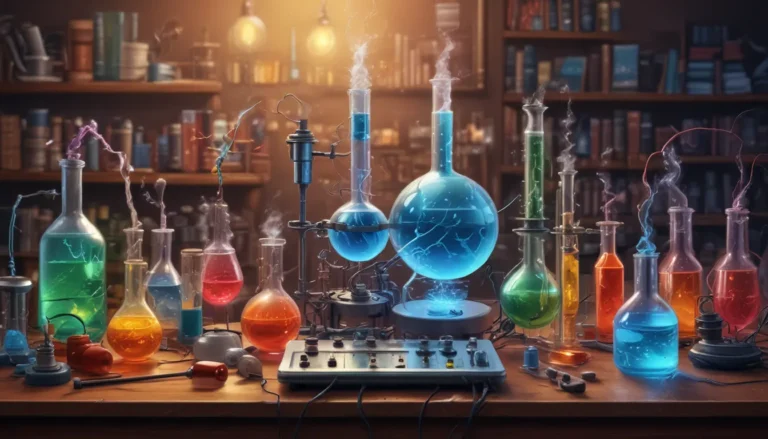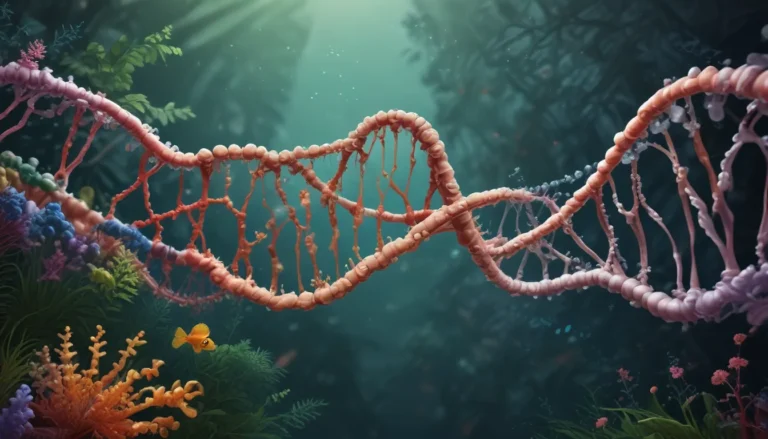A Note About Images: The images used in our articles are for illustration purposes only and may not exactly match the content. They are meant to engage readers, but the text should be relied upon for accurate information.
Chromatography, a powerful scientific technique utilized across various fields, has revolutionized the way we analyze complex mixtures. From its historical origins to its diverse applications in industries such as chemistry, biology, forensics, and environmental science, chromatography continues to be an essential tool for researchers worldwide.
Unraveling the History of Chromatography
Chromatography, with its roots tracing back centuries, has significantly evolved over time. The term itself, derived from the Greek words “chroma” meaning color and “graphien” meaning to write, was first introduced by Russian botanist Mikhail Tsvet in 1900 for separating plant pigments. Since then, chromatography has made remarkable strides in scientific advancements, becoming a cornerstone in modern analytical chemistry.
The Multifaceted World of Chromatography
Diving into the realm of chromatography unveils a plethora of techniques, each with its own unique principles and applications. From the volatile compounds separated by gas chromatography (GC) to the non-volatile compounds analyzed through liquid chromatography (LC), the world of chromatography offers a diverse array of methods including thin-layer chromatography (TLC), ion exchange chromatography, and size exclusion chromatography.
Chromatography’s Impact on Everyday Life
While often unnoticed, chromatography plays a significant role in our daily lives, particularly in ensuring the quality and safety of products we consume. From detecting pesticide residues in fruits and vegetables to verifying ingredient labels on packaged foods, chromatography in the food and beverage industry is crucial. Additionally, in pharmaceutical research and manufacturing, chromatography aids in analyzing drug compounds and maintaining purity standards.
Unveiling the Secrets of Chromatography in Forensic Science
In forensic investigations, chromatography serves as a valuable tool for analyzing evidence found at crime scenes and providing critical insights into criminal activities. By identifying drug samples, analyzing unknown substances, and detecting hazardous materials, chromatography greatly contributes to the field of forensic science.
Contributing to Environmental Conservation with Chromatography
Environmental scientists heavily rely on chromatography to monitor and combat pollution in air and water. By analyzing samples through chromatographic techniques, researchers can identify pollutants and develop strategies for environmental protection. This vital role of chromatography in environmental sciences highlights its significance in safeguarding our natural ecosystems.
The Evolution of Chromatography Technology
Advancements in chromatography technology have transformed the field, leading to faster separations, higher resolutions, and the identification of complex molecules. Techniques such as high-performance liquid chromatography (HPLC) and gas chromatography-mass spectrometry (GC-MS) have revolutionized chromatographic analysis, enabling researchers to delve deeper into the composition of substances with unparalleled precision.
Chromatography’s Crucial Role in Drug Development
In the realm of drug development, chromatography plays a pivotal role in analyzing drug compounds, ensuring their purity, and aiding in formulation processes. From the initial stages of discovery to quality control measures, chromatographic techniques are indispensable in the pharmaceutical industry for producing safe and effective medications.
The Fundamental Role of Chromatography in the Food Industry
Quality control in the food industry heavily relies on chromatography to analyze additives, detect contaminants, and determine nutritional content. Moreover, chromatography assists in flavor development, fragrance creation, and food coloring production, emphasizing its vital contribution to upholding food safety standards.
Leveraging Chromatography for Forensic Analysis
Within forensic laboratories, chromatography is instrumental in analyzing evidence and providing crucial information for criminal investigations. By scrutinizing samples such as ink on documents or gunshot residue, chromatographic techniques enable forensic scientists to gather vital evidence and support legal proceedings.
Paving the Way for Environmental Sustainability through Chromatography
Environmental conservation efforts benefit significantly from chromatography, as it enables scientists to study pollutants and devise strategies for pollution prevention. By identifying and quantifying pollutants in soil, water, and air samples, chromatography aids in preserving our natural resources and enhancing environmental sustainability.
Understanding the Principles of Chromatography
Chromatography relies on various separation principles, including adsorption, partition, ion exchange, and size exclusion, to separate components within mixtures accurately. By leveraging these principles, chromatographers can dissect complex mixtures with precision, unveiling critical insights into the composition of substances.
Embracing the Future of Chromatography
As the field of chromatography continues to evolve, researchers strive to enhance its capabilities through innovative techniques and methodologies. With a focus on improving separation efficiency, reducing analysis time, and boosting sensitivity, chromatography remains at the forefront of scientific research and analysis, driving advancements across various industries.
Chromatography’s Impact on Medicine
In the medical field, chromatography plays a crucial role in drug discovery, clinical diagnostics, and biopharmaceutical purification. By analyzing blood samples, detecting disease markers, and characterizing pharmaceutical compounds, chromatography facilitates the development of safe and effective medical treatments.
The Importance of Sample Preparation in Chromatography
Sample preparation is a pivotal step in chromatography, essential for ensuring accurate and reliable results. By employing proper collection, extraction, and clean-up techniques, chromatographers can eliminate interferences and concentrate target analytes, thereby optimizing the success of chromatographic analysis.
Unveiling the Artistic Applications of Chromatography
Chromatographic techniques find unique applications in art restoration and conservation, allowing scientists to analyze paint pigments, dyes, and varnishes to preserve valuable artworks. By understanding the composition of artistic materials, chromatography contributes to the restoration and protection of cultural heritage.
Chromatography’s Role in Industrial Processes
Various industries leverage chromatographic techniques to monitor and enhance their manufacturing processes, ensuring product quality, efficiency, and regulatory compliance. From pharmaceutical production to chemical manufacturing, chromatography plays a critical role in maintaining product integrity and upholding industry standards.
Harnessing Chromatography for Genetic Research
In the field of genetics, chromatography facilitates DNA sequencing, fragment analysis, and gene expression profiling, enabling researchers to understand genetic variations and gene functions. This pivotal role of chromatography contributes to advancements in personalized medicine and genetic engineering, driving progress in the field of genetic research.
Upholding Quality Control through Chromatography
In industrial settings, chromatography is paramount for quality control and assurance, ensuring compliance with standards and regulations. By analyzing raw materials, intermediate products, and final goods for impurities and product purity, chromatography plays a critical role in maintaining product quality and integrity.
Exploring the Wonders of Chromatography
As we journey through the world of chromatography, we uncover its remarkable versatility, accuracy, and reliability. From its historical beginnings to its modern-day applications in various industries, chromatography stands as a testament to human ingenuity and scientific innovation. By delving into the principles and applications of chromatography, we continue to unlock its boundless potential and further our understanding of the chemical world.
FAQs about Chromatography
Q: What is chromatography?
A: Chromatography is a method used to separate mixtures into their individual components based on the principle of differential migration.
Q: How does chromatography work?
A: Chromatography works by passing a sample through a stationary phase and a mobile phase, causing the components to separate based on their affinities.
Q: What are the different types of chromatography?
A: Various types of chromatography include gas chromatography, liquid chromatography, thin-layer chromatography, and high-performance liquid chromatography, each with unique principles and applications.
Q: What are some applications of chromatography?
A: Chromatography is utilized in drug development, environmental analysis, food and beverage analysis, forensic science, and quality control in multiple industries.
Q: Is chromatography a precise technique?
A: Yes, chromatography is known for its precision and accuracy, capable of detecting minute quantities of compounds in mixtures.
Exploring the incredible world of chromatography unveils a realm of endless possibilities and discoveries waiting to be made. As we continue to push the boundaries of scientific research and analysis, chromatography stands as a beacon of innovation, driving progress and advancements across diverse fields of study. Embrace the wonders of chromatography and unlock its full potential in your journey of exploration and discovery.






